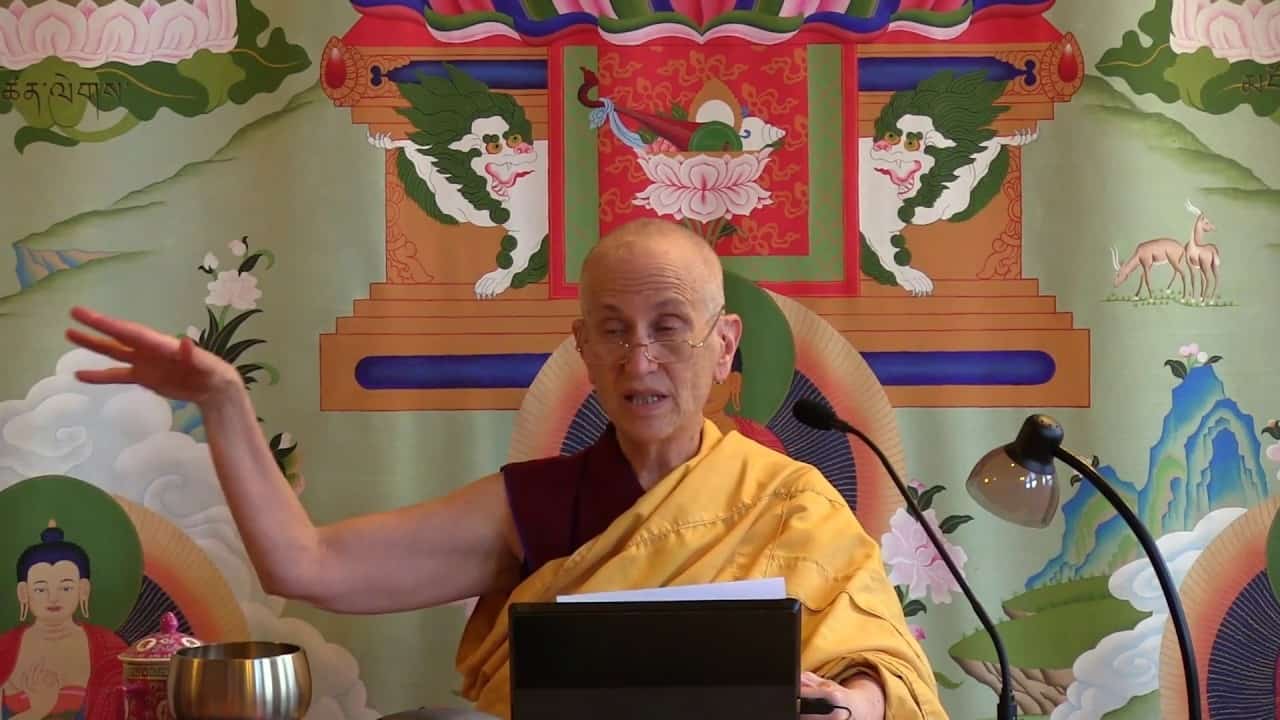Thinking about death
Thinking about death

As another birthday looms on the horizon and I draw ever closer to 70 years of age, the thought of my own mortality seems to occupy an increasing amount of my attention. I thought I had a good handle on the subject until I read something in The Book of Joy, a New York Times bestseller by His Holiness the Dalai Lama and Archbishop Desmond Tutu. On page 166 is the following statement; “The true measure of spiritual development is how one confronts one’s own mortality. The best way is when one is able to approach death with joy; next best way is without fear; third best way is at least not to have regrets.”
Wow! It appears I still need a lot of work. I have spent a good portion of my life just focused on the lowest rung of the ladder, not having regrets. Being a goal-oriented person, my idea of a good life was fulfilling all my worldly goals and completing all my bucket lists. I had multiple buckets which were centered around worldly concerns. There were professional buckets, financial buckets, recreational buckets, etc, These were all very self-centered. As I emptied one bucket after the next, I did seem to garner some temporary satisfaction. But I also noticed that I had become dependent on having a bucket that needed emptying. For brief periods in my life when I didn’t have any particular goals, there was a sense of void and lack of direction. I also deluded myself into thinking that at the time of death all I need was a row of empty buckets sitting by my bedside and I could die in peace without any regrets.
So, how has the Dharma changed my perspective on this? Bearing in mind that I am dealing with a recalcitrant Type A personality, I find myself still with buckets. However, the contents of these buckets have changed dramatically and the time line has also changed way beyond what can be accomplished in this lifetime. Certainly, a peaceful death without regrets is still center stage. But upon that rests a good rebirth so I can continue to practice, eventual liberation from the endless cycle of suffering, and attainment of full awakening for the benefit of all beings. Given the fact that these last two goals are unlikely to be accomplished any time soon, I find myself less obsessed with immediate results and more focused on the journey. And I realize that becoming a kinder, more compassionate person is something I can do right here, right now. If I leave this lifetime with that accomplishment alone there will be no regrets.
The Dharma is also helping me to deal with the fear of death. As my acceptance of rebirth has grown, my fear of dying has diminished. As my understanding of emptiness has increased, my attachment to this aging body and ever-changing mind has softened. It is hard to cling to something that is like an illusion without any real or concrete essence. Of course, this is a work in progress, but the Dharma is showing me a clear path to happiness and freedom from suffering. The dying process is an integral part of the cycle of life. It is not just something that happens to the other guy. My turn will come, and when it does I want to be ready to accept it wholeheartedly without fear or regret and, who knows, perhaps even with a modicum of joy.
Kenneth Mondal
Ken Mondal is a retired Ophthalmologist who lives in Spokane, Washington. He received his education at Temple University and University of Pennsylvania in Philadelphia and residency training at University of California-San Francisco. He practiced in Ohio, Washington and Hawaii. Ken met the Dharma in 2011 and attends teachings and retreats on a regular basis at Sravasti Abbey. He also loves to do volunteer work in the Abbey's beautiful forest.


